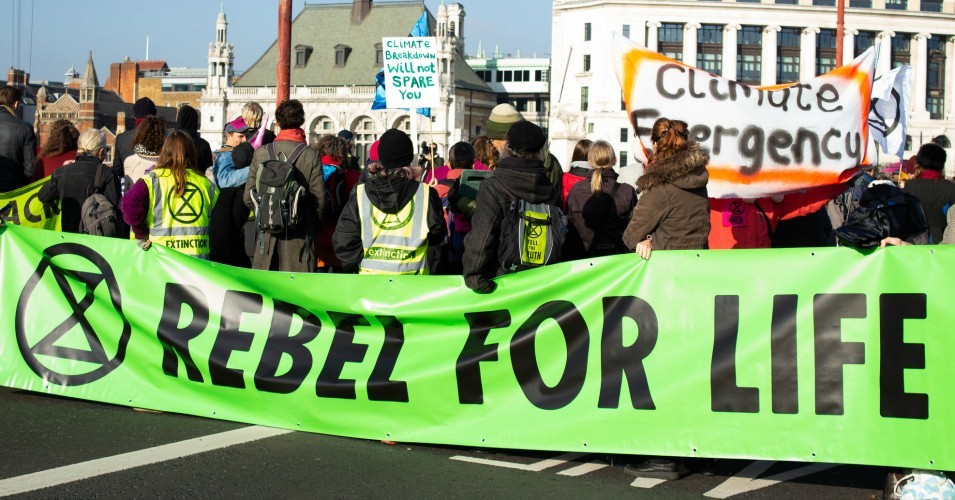“Our goal is to get 3.5 percent of the population mobilized. It’s time to stop thinking about our target audience as middle class white people. Those who are already fighting are the most likely to join us in mass.”
Land and Water Defender Beginnings
In 2011, as a 20 year old activist new to the environmental movement I joined up with other like-minded people for a retreat in rural Wisconsin to plan and strategize our next steps. As a Black woman, it was painfully obvious that amongst the scores of people in attendance that there were very few people of color present. However, what was even more jarring than the racial disproportionality of the retreat was the attitudes of the white activists.
We were hanging out late at night in the living room of a retreat after a long day of workshops and trainings.
The overwhelming number of white activists and their views on race and the environment came to a head for me when I was asked,
“Damn, how do we get black people to care about the environment?”
This is what a white environmentalist (with dreads no less) asked me years ago. Being new to environmental spaces, I was dumbfounded by this comment. I took a long deep sigh, and thought, aren’t I Black? Didn’t I spend countless hours turning people out for direct actions? It was at this moment I began to realize that I was scoring points for the organization with frontline folks while within the organization I was in a sea of white people who saw me as a token.
Yet I knew that Black people care about the environment – about lead paint in housing, parks in the neighborhood, clean water and clean air. We have to care because we are disproportionately affected by the processes of capitalist environmental degradation.
Historically “environmentalism” was not the modality through which Black people explicitly addressed these issues. It was only later that I realized the lack of orientation that white-dominated environmental groups had toward people of color, and Black people in particular, helped to reinforce the alienation of marginalized communities from the wider environmental movement.
Continue reading Here

